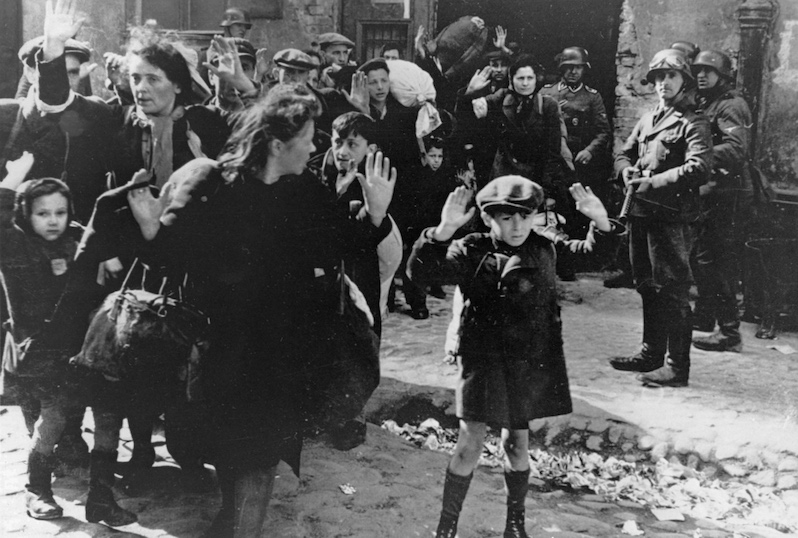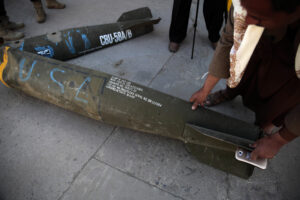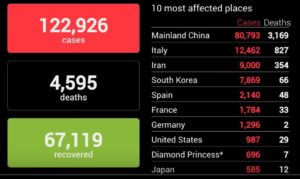Writing as Resistance
Doomed writers buried their accounts of the Warsaw ghetto in the hope that they could teach whoever unearthed the documents about good, evil, indifference and the importance of the truth as an act of resistance They have left us a trove of papers on how to construct a life of meaning Doomed writers buried their accounts of the Warsaw ghetto in the hope that they could teach whoever unearthed the documents about good, evil, indifference and the importance of the truth as an act of resistance. Jews are forced from the Warsaw ghetto by German soldiers in 1943. (AP)
1
2
3
Jews are forced from the Warsaw ghetto by German soldiers in 1943. (AP)
1
2
3
With an uncertain future and a new administration casting doubt on press freedoms, the danger is clear: The truth is at risk.
Now is the time to give. Your tax-deductible support allows us to dig deeper, delivering fearless investigative reporting and analysis that exposes what’s really happening — without compromise.
Stand with our courageous journalists. Donate today to protect a free press, uphold democracy and unearth untold stories.









You need to be a supporter to comment.
There are currently no responses to this article.
Be the first to respond.